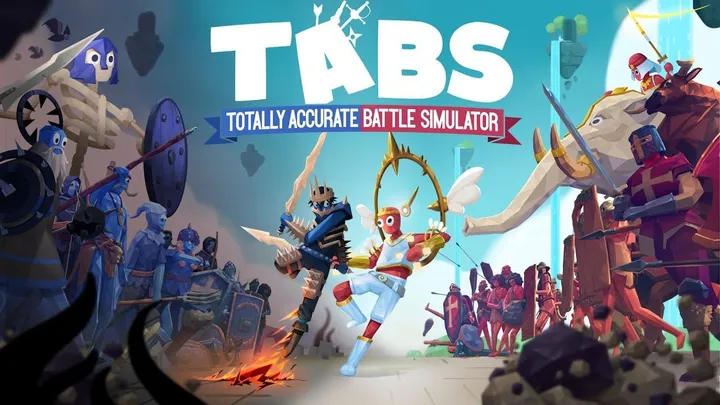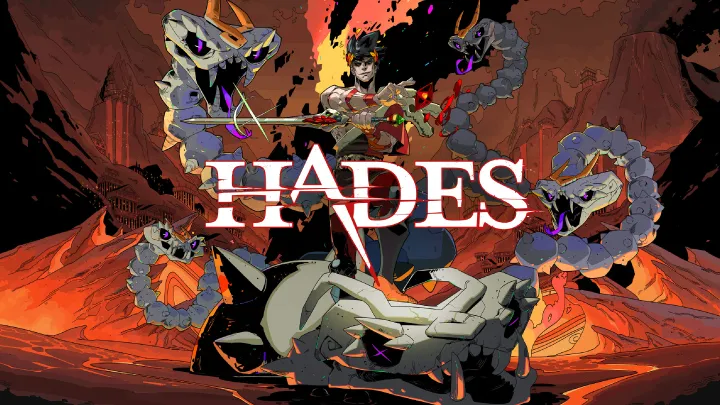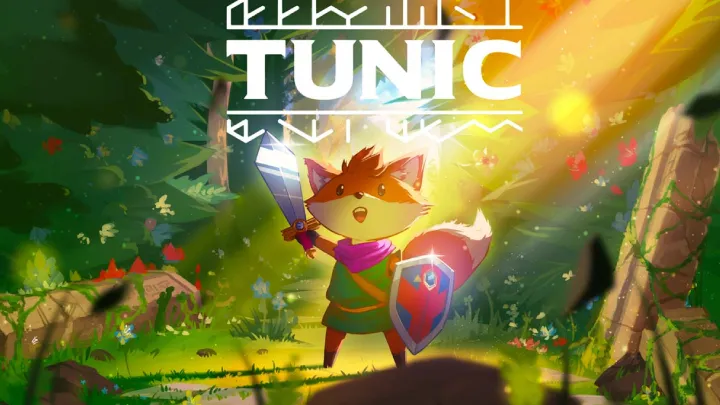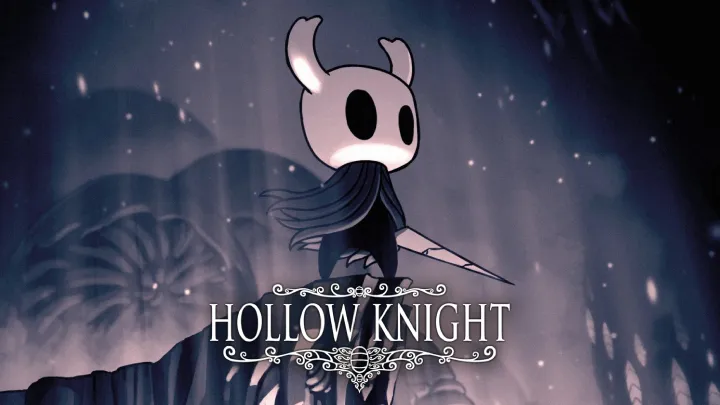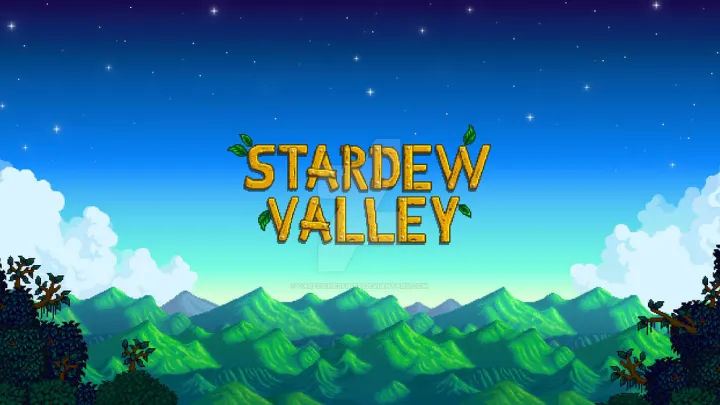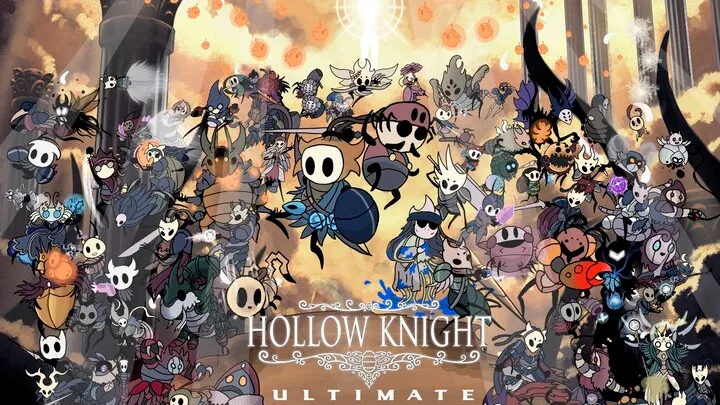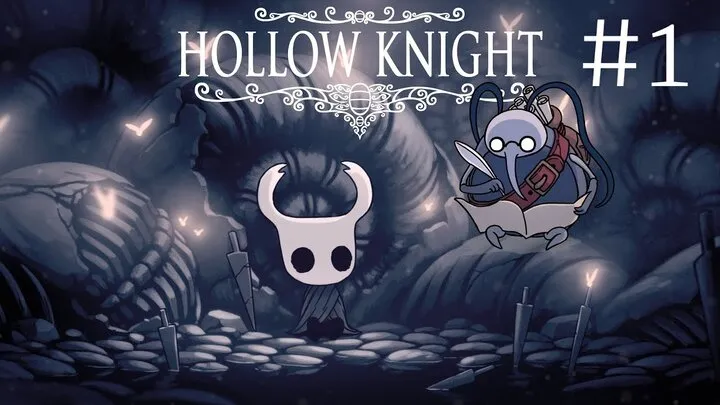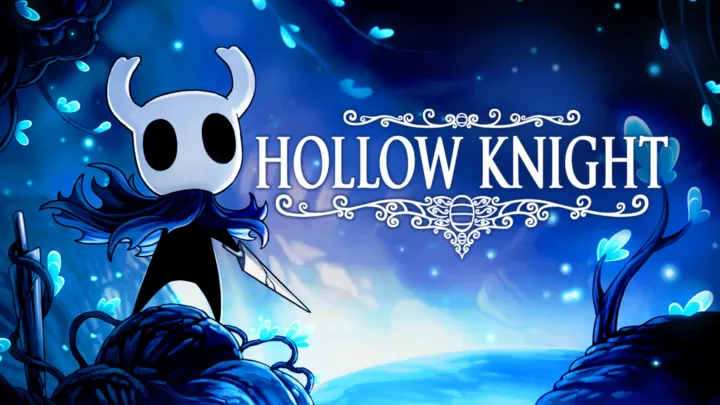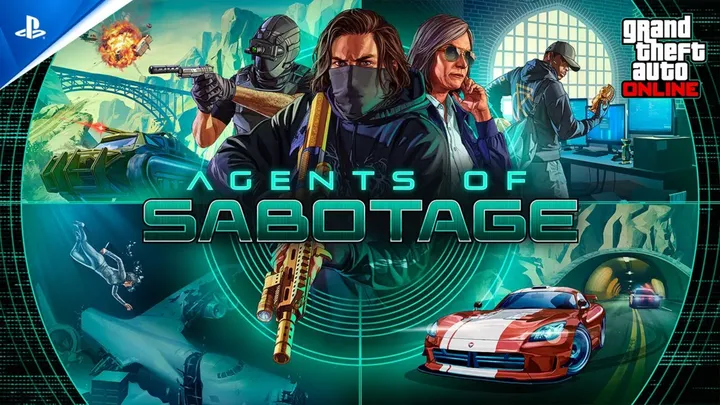Introduction
Adventure games have always been a cornerstone of gaming, offering players unforgettable quests, emotional storytelling, and breathtaking worlds. Unlike straightforward action or puzzle titles, adventure games immerse players in a deeper narrative, often blending exploration, character development, and choice-driven mechanics. These journeys are not just about reaching a final goal but about the experiences, lessons, and challenges along the way.
In this article, we’ll explore 10 adventure games that redefined the meaning of epic journeys, analyzing their gameplay, storytelling, and lasting impact on the gaming industry.
1. The Legend of Zelda: Breath of the Wild (2017)
Game Introduction
Nintendo’s The Legend of Zelda: Breath of the Wild revolutionized open-world adventure gaming with its unmatched freedom and innovative systems.
Gameplay Analysis
Players could climb mountains, glide across valleys, and experiment with physics-based puzzles in ways no Zelda title had allowed before. The lack of linear structure encouraged discovery at every step, giving players true ownership of their journey.
Cultural Impact
Breath of the Wild became a benchmark for open-world design, inspiring countless future titles. Its reinvention of a beloved franchise proved that adventure gaming could be both nostalgic and cutting-edge.
2. Red Dead Redemption 2 (2018)
Game Introduction
Rockstar’s Red Dead Redemption 2 is more than just a Western—it’s a cinematic masterpiece that redefined how storytelling, immersion, and open-world exploration can merge into a single epic journey.
Gameplay Analysis
Players follow Arthur Morgan, an outlaw caught between loyalty and survival, across vast American frontiers. Every detail, from hunting to camp interactions, feels alive. The game’s moral choices, realistic mechanics, and open-ended exploration create a journey that adapts to each player’s pace and decisions.
Cultural Impact
Red Dead Redemption 2 set new standards for realism and narrative design in gaming. It influenced countless developers to push for deeper immersion and narrative weight in open-world adventures.
3. Horizon Zero Dawn (2017)
Game Introduction
Guerrilla Games’ Horizon Zero Dawn delivered a unique post-apocalyptic adventure where human survival intertwines with towering robotic creatures.
Gameplay Analysis
Players embody Aloy, a skilled hunter navigating both wilderness and mystery. The mix of ranged combat, stealth, and tactical encounters with mechanical beasts required creativity and strategy. Exploration was vast, with lore hidden across ruins of a fallen civilization.
Cultural Impact
The game stood out as one of PlayStation’s defining exclusives, blending innovation with narrative depth. Its success led to a sequel (Horizon Forbidden West) and expanded the boundaries of sci-fi adventure storytelling.
4. The Witcher 3: Wild Hunt (2015)
Game Introduction
CD Projekt Red’s The Witcher 3 set new standards for RPG adventures, blending deep storytelling with massive open-world exploration.
Gameplay Analysis
Players stepped into the boots of Geralt of Rivia, navigating morally complex choices, monster hunts, and emotionally rich side quests. Every decision shaped the world and characters, making the journey deeply personal.
Cultural Impact
Lauded as one of the greatest games ever made, The Witcher 3 expanded mainstream appreciation for narrative-driven games. Its influence echoes in nearly every modern open-world RPG released since.
5. Elden Ring (2022)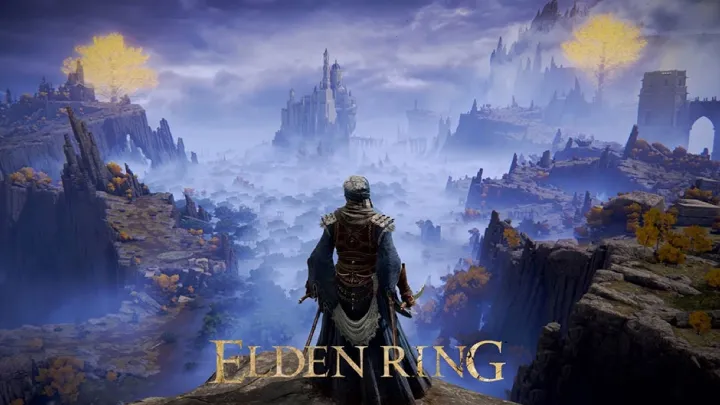
Game Introduction
FromSoftware’s Elden Ring redefined epic journeys by merging the studio’s signature challenging combat with a massive open world crafted in collaboration with George R.R. Martin.
Gameplay Analysis
The Lands Between is vast, mysterious, and unforgiving. Players explore at their own pace, uncovering hidden bosses, lore, and dungeons without hand-holding. Its emphasis on freedom ensures that no two journeys feel the same.
Cultural Impact
Elden Ring became a global phenomenon, appealing to both hardcore Souls veterans and new players. Its influence on open-world design proved that difficulty and freedom can coexist in modern adventure games.
Conclusion
Adventure games continue to evolve, but the essence remains the same: taking players on unforgettable journeys that go beyond gameplay alone. Titles like Red Dead Redemption 2, Ghost of Tsushima, and Elden Ring remind us that adventure is not simply about reaching a destination—it’s about the stories, emotions, and discoveries along the way.
Each game we’ve explored redefined the meaning of epic journeys in its own way, whether through expansive open worlds, emotional storytelling, or innovative mechanics. Together, they shaped the way we experience digital adventures, turning them into personal odysseys that stay with us long after the credits roll.
